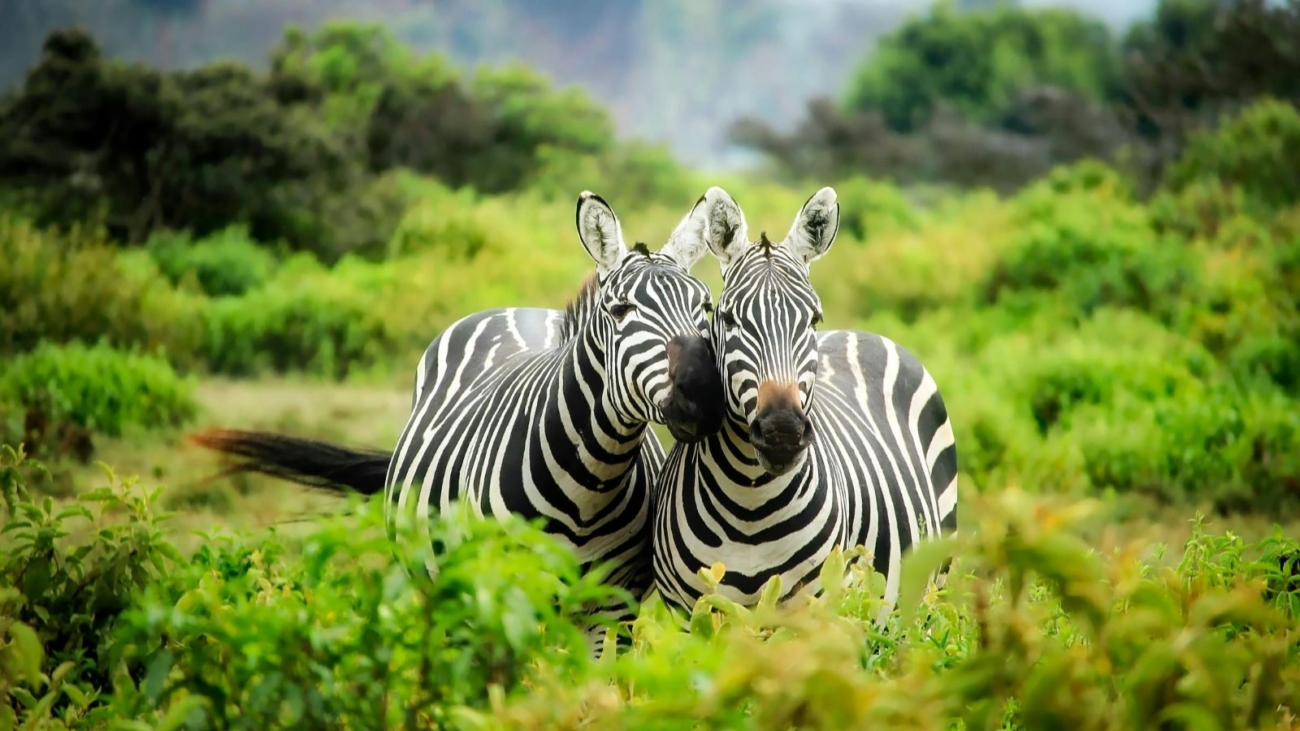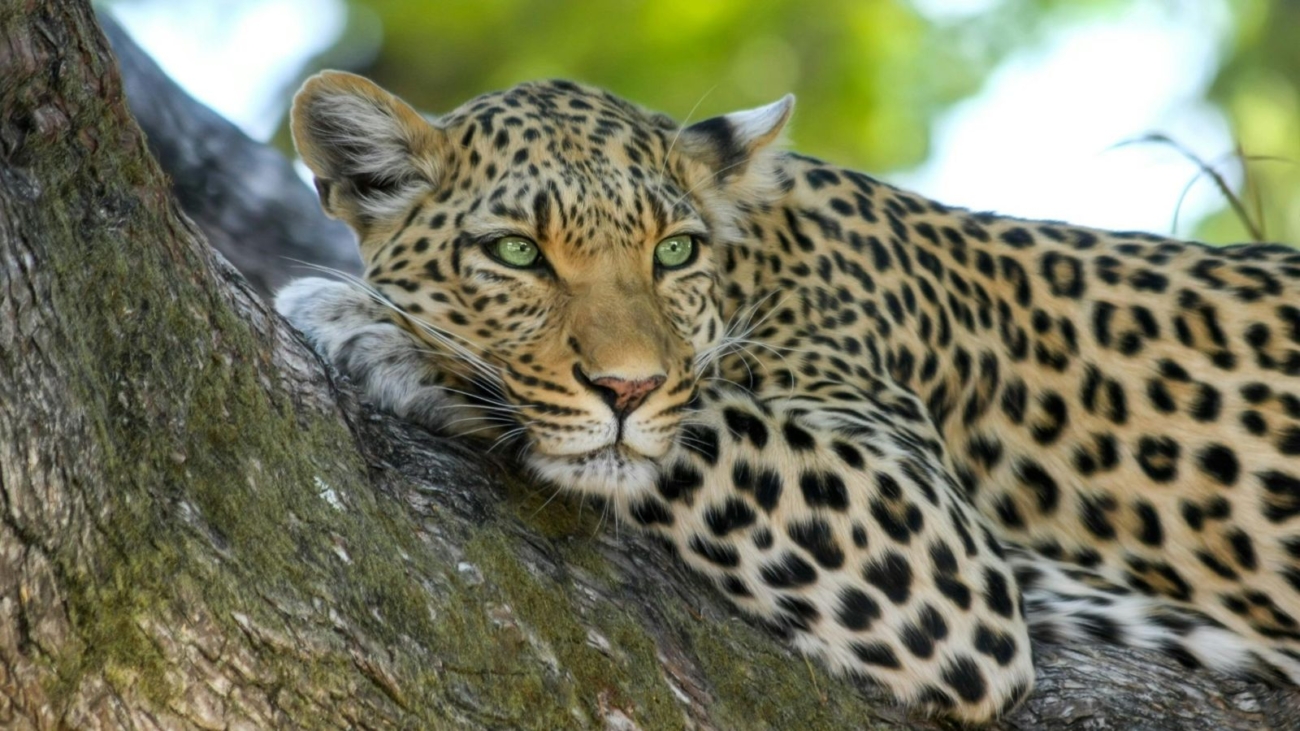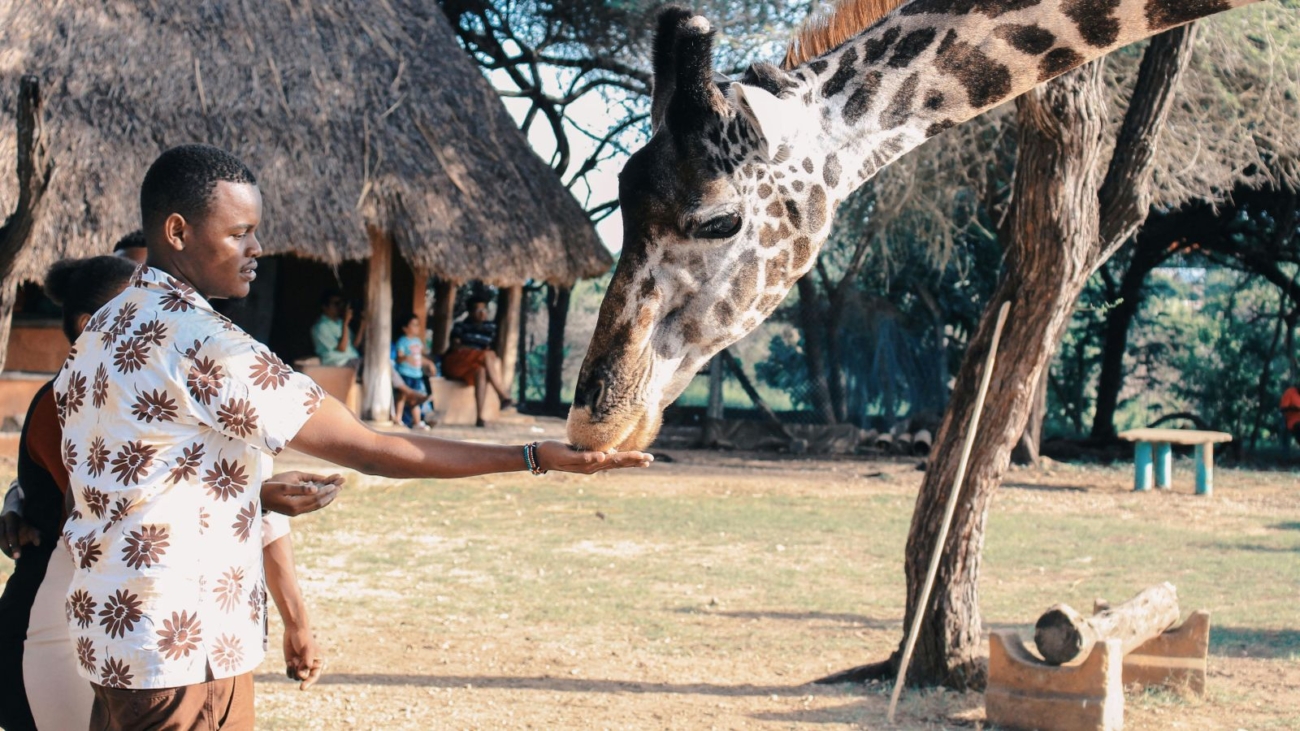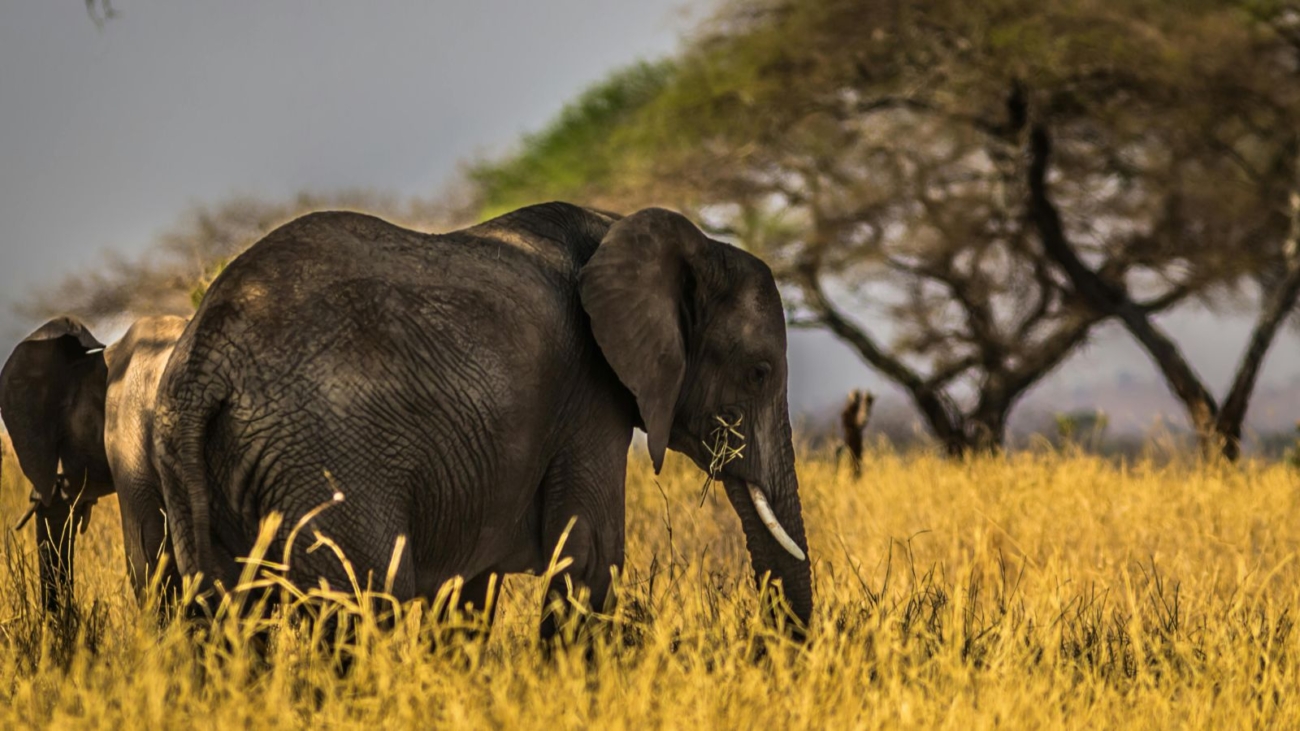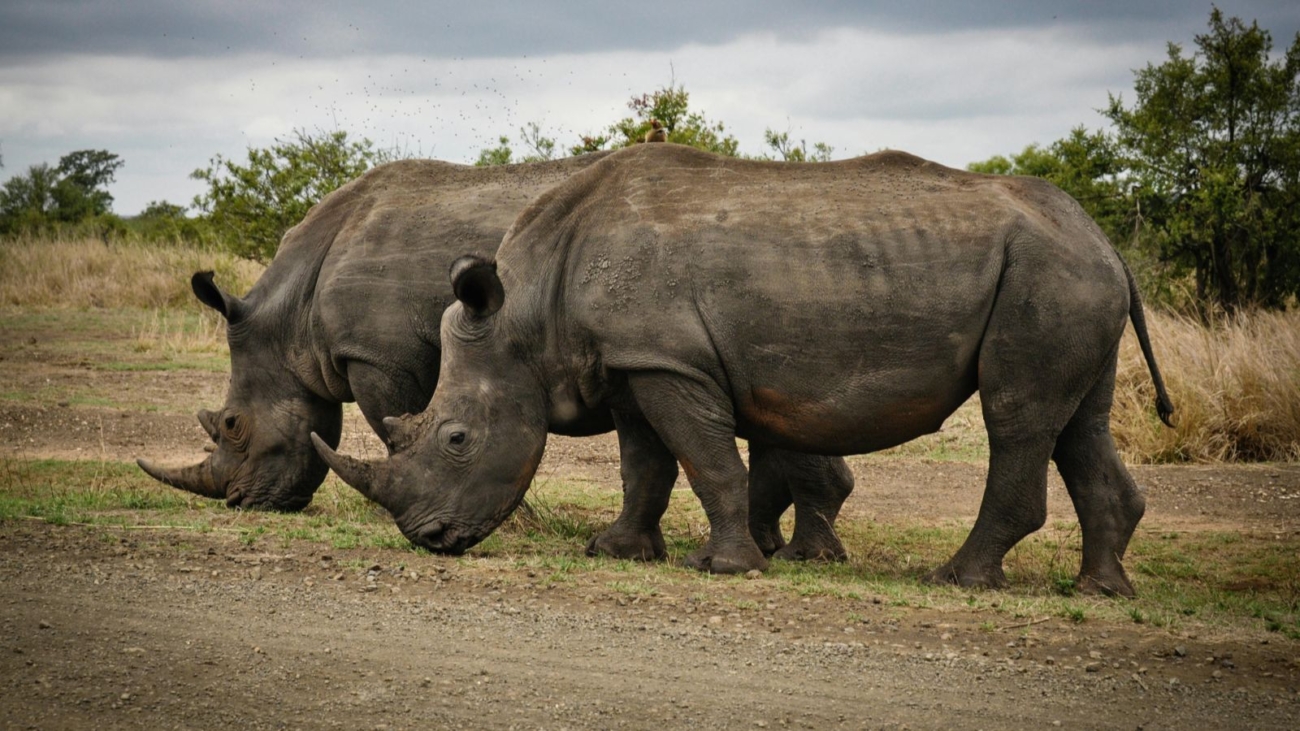The Safari Dilemma
Few experiences compare to the magic of a safari. Watching elephants amble across the savannah, hearing the roar of a lion at dusk, or spotting a rhino in the wild is nothing short of transformative.
But behind the wonder lies a responsibility. When poorly managed, safaris can disturb wildlife, erode fragile ecosystems, and feed into exploitative practices. The very experiences that move us most could disappear if tourism doesn’t change course.
At Swafari Experience, we believe in a different way forward—one where safaris celebrate and protect the wildlife they showcase.
What Makes a Safari Sustainable?
A safari is only truly magical if it’s kind to nature. Sustainable practices include:
– Capped vehicle numbers to minimize stress on animals.
– Eco-friendly lodges powered by solar and designed to blend into the landscape.
– Locally trained guides who are both storytellers and conservation stewards.
– Respectful wildlife viewing, always keeping safe distances.
Image Idea: An eco-lodge with solar panels set against the savannah horizon.
How Swafari Safaris Work
Every Swafari journey is built with purpose. We partner with conservation groups and local communities so your safari creates a positive impact from start to finish.
– A portion of every booking funds anti-poaching initiatives.
– Guides double as educators, sharing insights into ecosystems and preservation.
– Lodges employ local teams and reinvest profits in community projects.
Travelers don’t just witness wildlife—they help protect it.
Image Idea: A ranger guiding travelers on a nature walk, pointing out animal tracks.
Why It Matters
The African wilderness is not guaranteed. Without sustainable tourism, future generations may only know elephants and rhinos from history books or zoo enclosures. By reimagining tourism as a tool for preservation, not exploitation, we ensure that the Big Five and countless other species thrive in the wild where they belong.
Image Idea: A herd of elephants walking freely across a protected reserve.
Safaris with Soul
At its best, a safari is more than an adventure—it’s a promise. A promise that your footprints in the savannah leave behind hope, not harm.
With Swafari, every journey is an act of conservation, an opportunity to give back, and a story worth telling.
Because safaris should leave more than memories. They should leave a legacy.


 Cart is empty
Cart is empty 